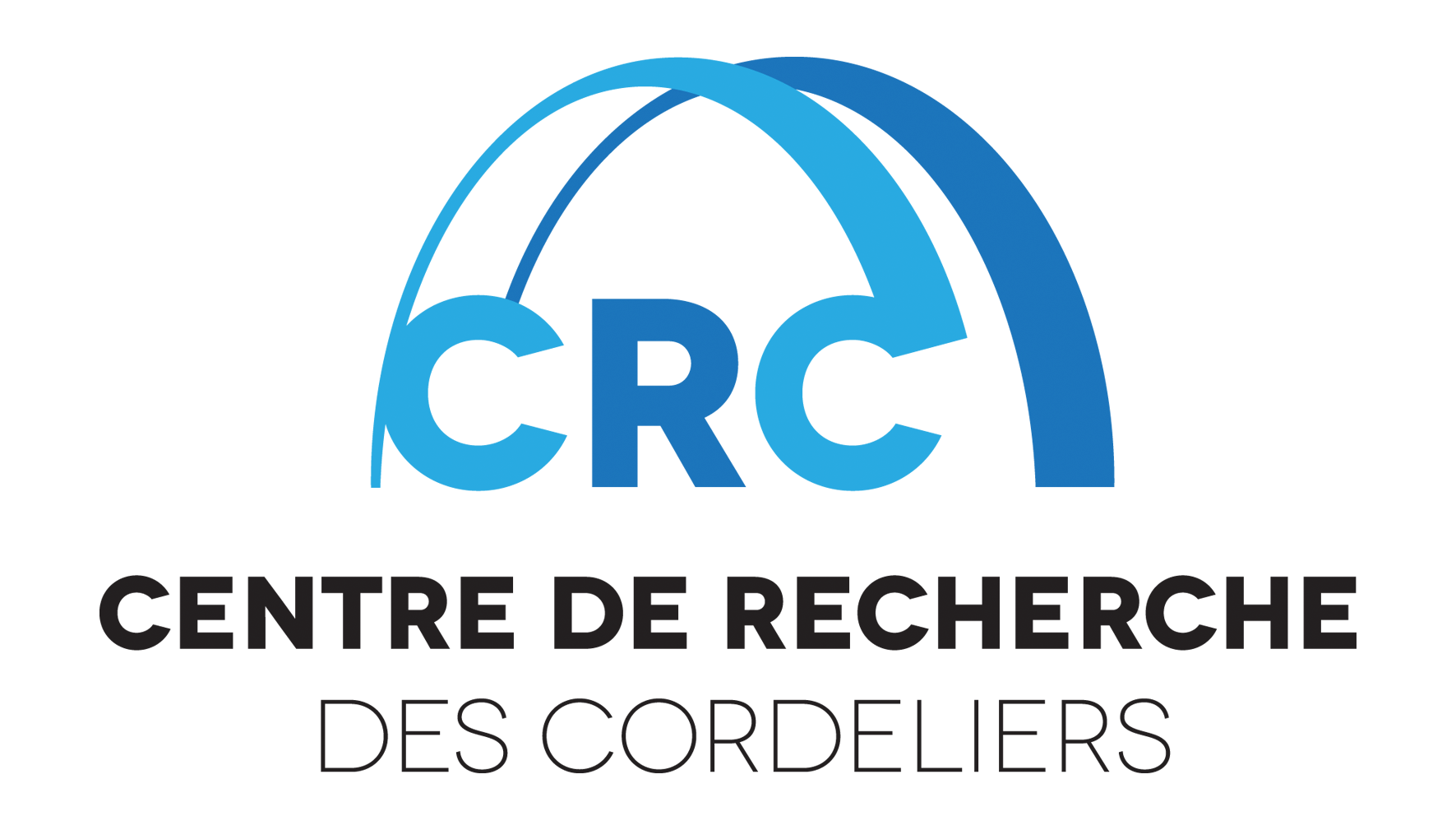27/03/2025
Towards Personalized Medicine for Colon Cancer : Two Major Publications by the MEPPOT Team of Pr. Pierre Laurent-Puig and Their Clinical Applications.
Since the establishment of the Personalized Medicine, Pharmacogenomics, and Therapeutic Optimization research unit (MEPPOT), Professor Pierre Laurent-Puig’s team has been dedicated to advancing personalized medicine, particularly in the field of cancer. Their research focuses on discovering new diagnostic and prognostic biomarkers and exploring novel therapeutic strategies to optimize patient care. Notably, no biomarkers are currently used in clinical practice to guide therapeutic management of colon cancer.
In this context, the MEPPOT team has recently published two major studies in the Journal of Clinical Oncology, providing new insights into prognostic factors for stage III colon cancer.
Gallois et al., 2025 et Taieb et al., 2025
Colon Cancer : What Are the Current Treatment Options for Patients?
Stage III colon cancer (CCSIII) is characterized by lymph node involvement, requiring a treatment strategy combining surgery and adjuvant chemotherapy. Until recently, the standard chemotherapy duration was six months. However, for low-risk patients (T1-3, N1), studies have shown that a shorter, three-month chemotherapy regimen achieves similar survival outcomes while reducing side effects.
Despite these advances, treatment responses vary greatly among patients. Some are cured with surgery alone, while others experience recurrence despite chemotherapy. This heterogeneity highlights the need for a more refined patient stratification to optimize therapeutic management.

New Prognostic Approaches: Circulating Tumor DNA and Immunoscore
One of the MEPPOT team’s studies confirms that circulating tumor DNA (ctDNA) is the most powerful independent prognostic factor for predicting recurrence and overall survival after surgery for CCSIII. ctDNA helps identify low-risk patients who may avoid prolonged chemotherapy, as well as high-risk patients who require more intensive treatment.
Additionally, the Immunoscore, which assesses immune infiltration by evaluating CD3+ and CD8+ T cells in the tumor and its invasive margin, provides complementary information, particularly in ctDNA-negative patients. A combined approach using these two biomarkers could refine therapeutic decisions and personalize treatments.

This study stands out due to an exceptional follow-up period of 80 months—a crucial factor that strengthens the robustness of its conclusions and opens new perspectives in this field of research.
Read more 👉 Taieb et al., 2025

Transcriptomic Signatures : A New Tool for Patient Stratification
The second study explores transcriptomic signatures of the tumor microenvironment and cell cycle. By analyzing large-scale cohorts, the MEPPOT team identified differentially expressed signatures of the tumor microenvironment and cell cycle, previously described in other cancers.
High Oncotype-like and M2 macrophage scores, along with low CXCL13 expression and a low T-cell score, were associated with faster recurrence (shorter TTR). By integrating these signatures with known prognostic factors, the researchers built a multivariable model for improved patient stratification.
Using these transcriptomic signatures as a diagnostic tool—combined with the results from the first study—will enhance recurrence risk prediction and refine therapeutic recommendations.
Read more 👉 Gallois et al., 2025
Towards Personalized Patient Care
These advances reinforce the concept that personalized medicine is the future of colon cancer treatment. By incorporating tools such as ctDNA, the Immunoscore, and transcriptomic signatures, treatments can be tailored to each patient’s profile, maximizing their chances of recovery. The MEPPOT team continues its research to refine these prognostic models and facilitate their integration into routine clinical practice, ultimately aiming to improve patient care.

